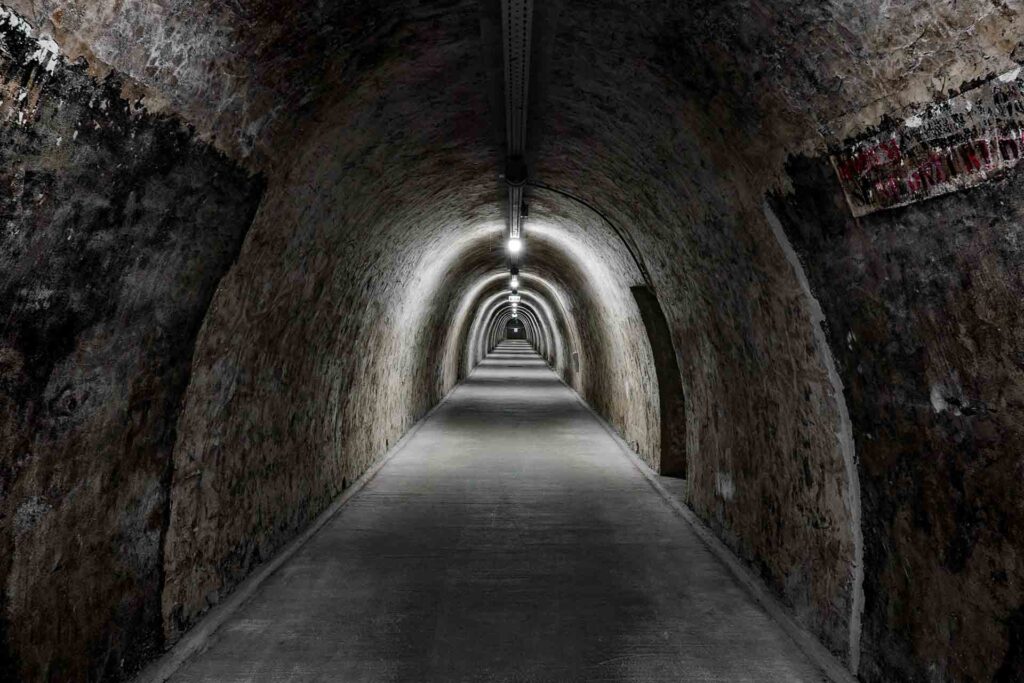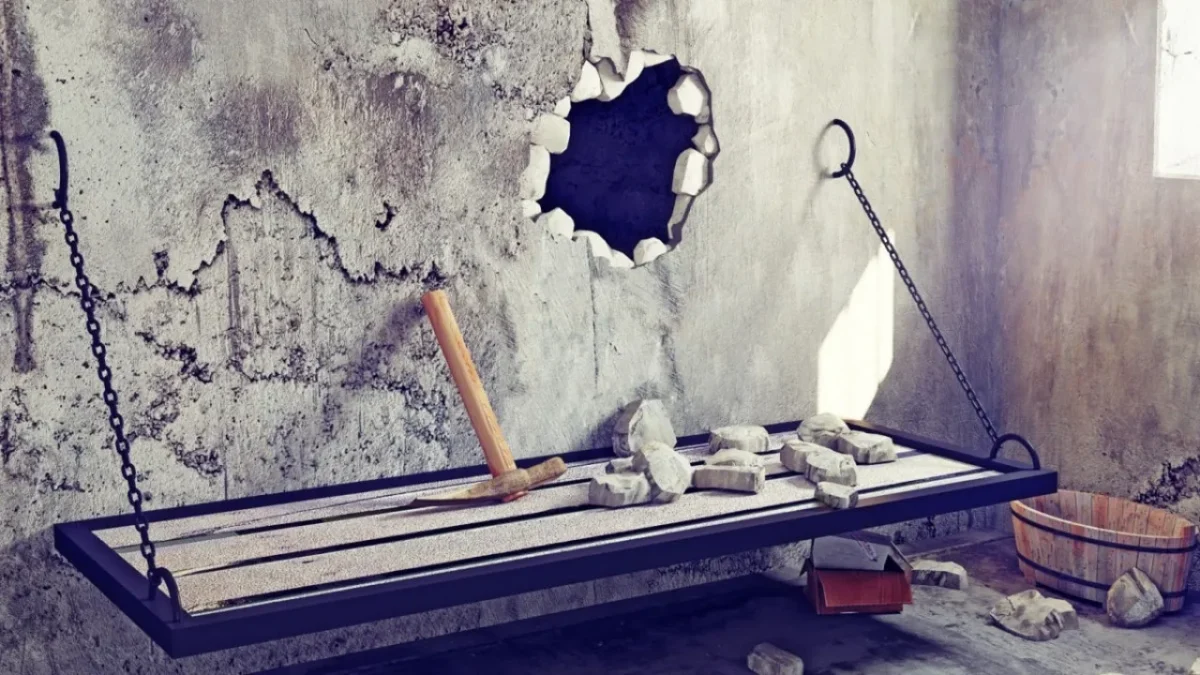Have you ever tried solving puzzles in an escape room? If not, then you’re missing out on a great opportunity to develop your problem-solving skills. They are not only fun, but they also offer an excellent way to enhance your cognitive abilities.
In this blog post, we’ll explore the benefits of playing escape rooms and how they can help you improve your problem-solving skills.
How Do They Work?
Escape rooms are immersive games that challenge players to solve puzzles and clues within a set amount of time to escape a themed chamber. Players are usually given a backstory or a mission to complete, and they have to work together to find clues and solve puzzles to progress. They can be found in various locations, such as malls, theme parks, and dedicated venues.
The popularity of escape rooms has grown exponentially in recent years, with a wide variety of themes available to cater to different interests and age groups. From horror to sci-fi to historical settings, they offer a unique and engaging experience that can be enjoyed by individuals, families, and groups of friends.
With the added element of time pressure and the excitement of working together to solve puzzles, they provide a thrilling challenge that keeps players coming back for more.
If you’re interested in experiencing the thrill of an escape room, you can easily find “escape rooms near me” through a quick online search. With so many options available, you’re sure to find one that suits your interests and skill level.
The Benefits of Solving Puzzles

Source: roomescapedc.com
They can help improve your critical thinking skills, problem-solving abilities, and teamwork. Additionally, playing escape rooms can enhance your memory, concentration, and attention to detail.
Improve Your Problem-solving Skills
Problem-solving skills are essential in our everyday lives, whether we’re at work or at home. Playing these games can help you improve your problem-solving abilities by exposing you to different types of puzzles and challenges. By solving these puzzles, you’ll develop your logical reasoning, analytical skills, and creative thinking.
The Cognitive Benefits
Escape rooms offer several cognitive benefits, such as improving memory and concentration. When playing, you’ll need to remember the clues and information you’ve gathered to solve puzzles. This requires you to use your working memory, which can help improve your recall ability.
Escape rooms can also help improve your concentration and attention to detail. You’ll need to pay attention to small details, such as hidden clues or patterns, to solve the puzzles. This can help improve your focus and attention to detail in other areas of your life.
How to Approach a Challenge
Approaching an escape room challenge requires a combination of critical thinking, problem-solving, and teamwork. When you enter an escape room, take some time to familiarize yourself with the environment and any clues or information that may be available. Work with your team to divide tasks and assign roles, and communicate effectively to share information and ideas.
It’s important to keep in mind that communication is key when approaching an escape room challenge. Encourage your team members to share their ideas and observations, and be open to different perspectives.
Remember to stay organized and prioritize tasks, as time is often a crucial factor in these challenges. And most importantly, don’t be afraid to ask for help if you’re feeling stuck. Working together as a team and utilizing everyone’s strengths can make all the difference in successfully escaping the room.
Tips for Improving Your Problem-solving Skills

Source: escapefromthe6.com
To improve your problem-solving skills in escape rooms, try to approach each puzzle systematically. Start by analyzing the clues and information available, and then try to identify patterns or connections between them. Break down the problem into smaller parts, and work with your team to find a solution.
The Importance of Teamwork
Escape rooms require teamwork to be successful. Players need to work together to share information, collaborate, and solve puzzles. When working as a team, it’s important to communicate effectively and listen to each other’s ideas. By working together, you can pool your strengths and overcome your weaknesses, making it easier to solve puzzles and escape the room.
Transferable Skills Learned in Escape Rooms to Everyday Life
The skills you learn in escape rooms are transferable to many areas of your life. For example, the critical thinking and problem-solving skills you develop can help you make better decisions in your personal and professional life. The teamwork skills you learn can help you collaborate more effectively with colleagues or family members.
The Psychological Effects of Escape Rooms on the Brain
Playing in escape rooms can have a positive psychological effect on the brain. When you solve a puzzle or overcome a challenge, your brain releases dopamine, a neurotransmitter associated with pleasure and reward. This can help improve your mood and motivation, making it easier to tackle other challenges in your life.
The Future of Escape Rooms and Their Impact on Problem-solving and Team Building

Source: 4cornerresources.com
They are also being used as a tool for team building and training. Many companies are using escape rooms as a way to develop their employees’ problem-solving and teamwork skills.
In the future, we can expect to see more sophisticated escape rooms that incorporate technology such as virtual reality and augmented reality. These advancements will allow for more complex and challenging puzzles and will make the experience even more immersive.
These challenges will continue to be valuable tool for improving problem-solving and teamwork skills. As technology advances, we can expect to see more innovative uses of escape rooms in areas such as education and mental health.
Conclusion
Escape rooms are an exciting way to test your problem-solving skills in a fun and interactive environment. With the help of our tips, you can conquer any room with ease and unlock new levels of success.
Whether you’re looking for team-building activities or just want to have some fun, we hope that this article has shown you how unlocking success in escape rooms can be beneficial for everyone involved.

















